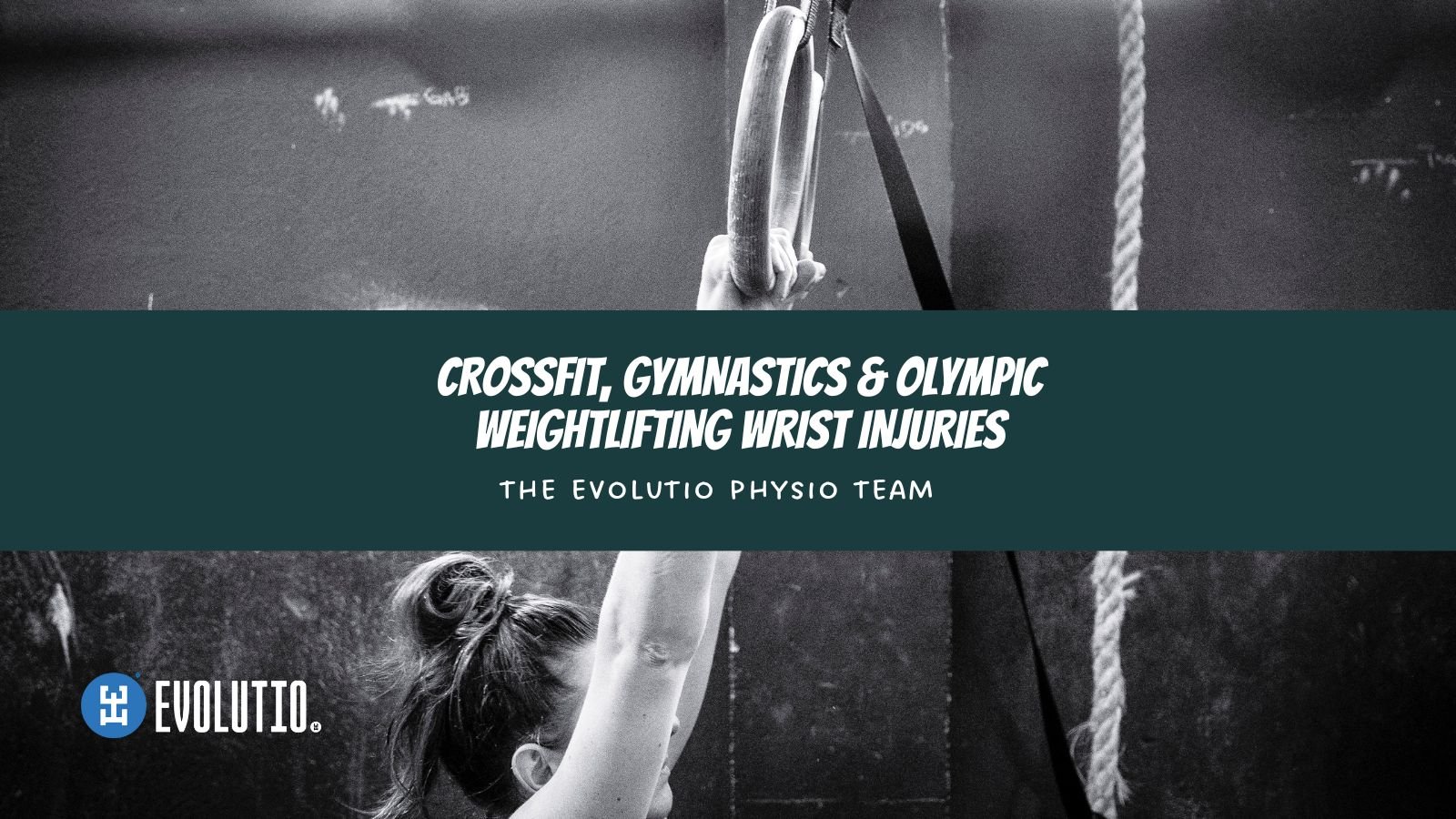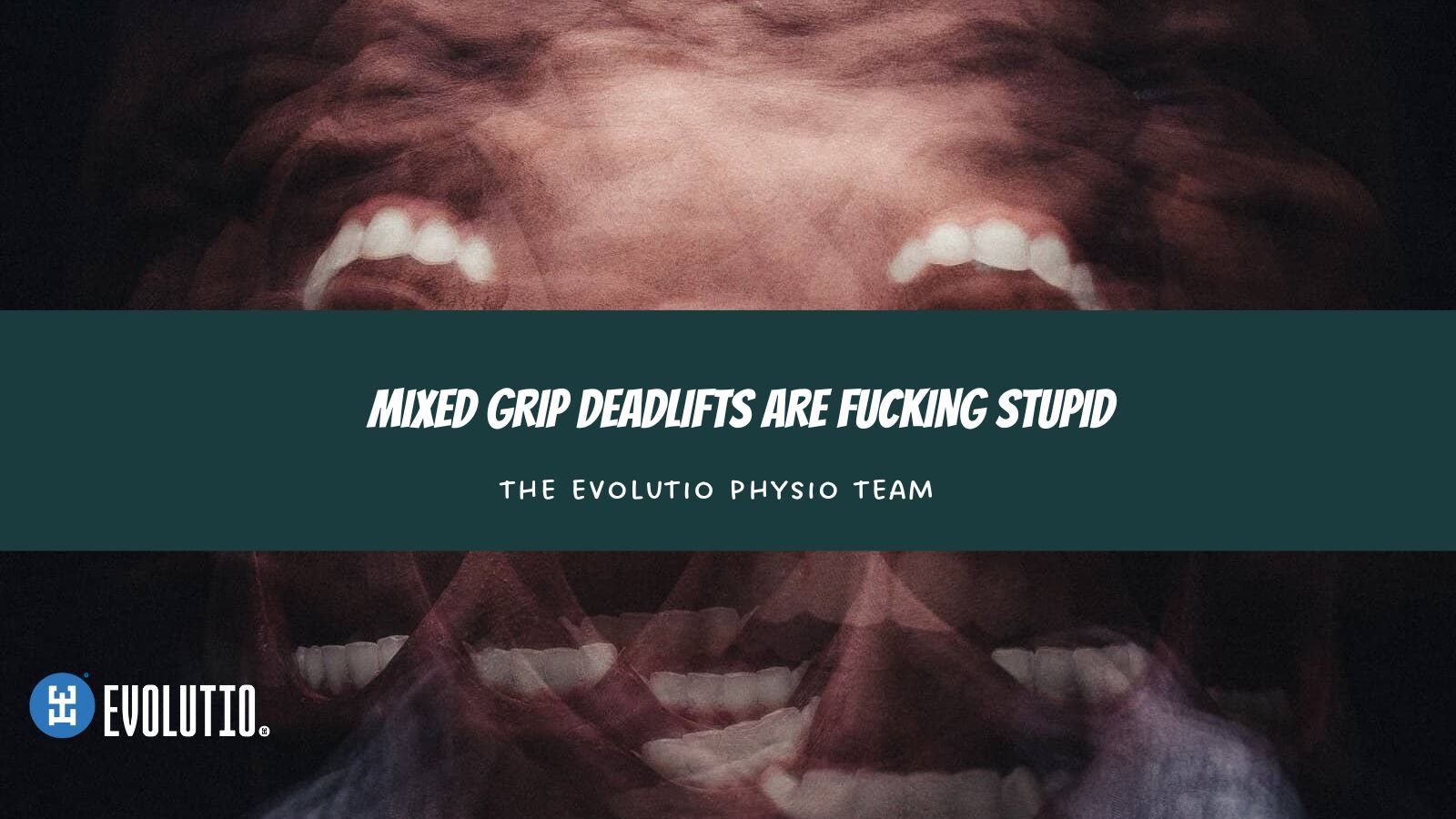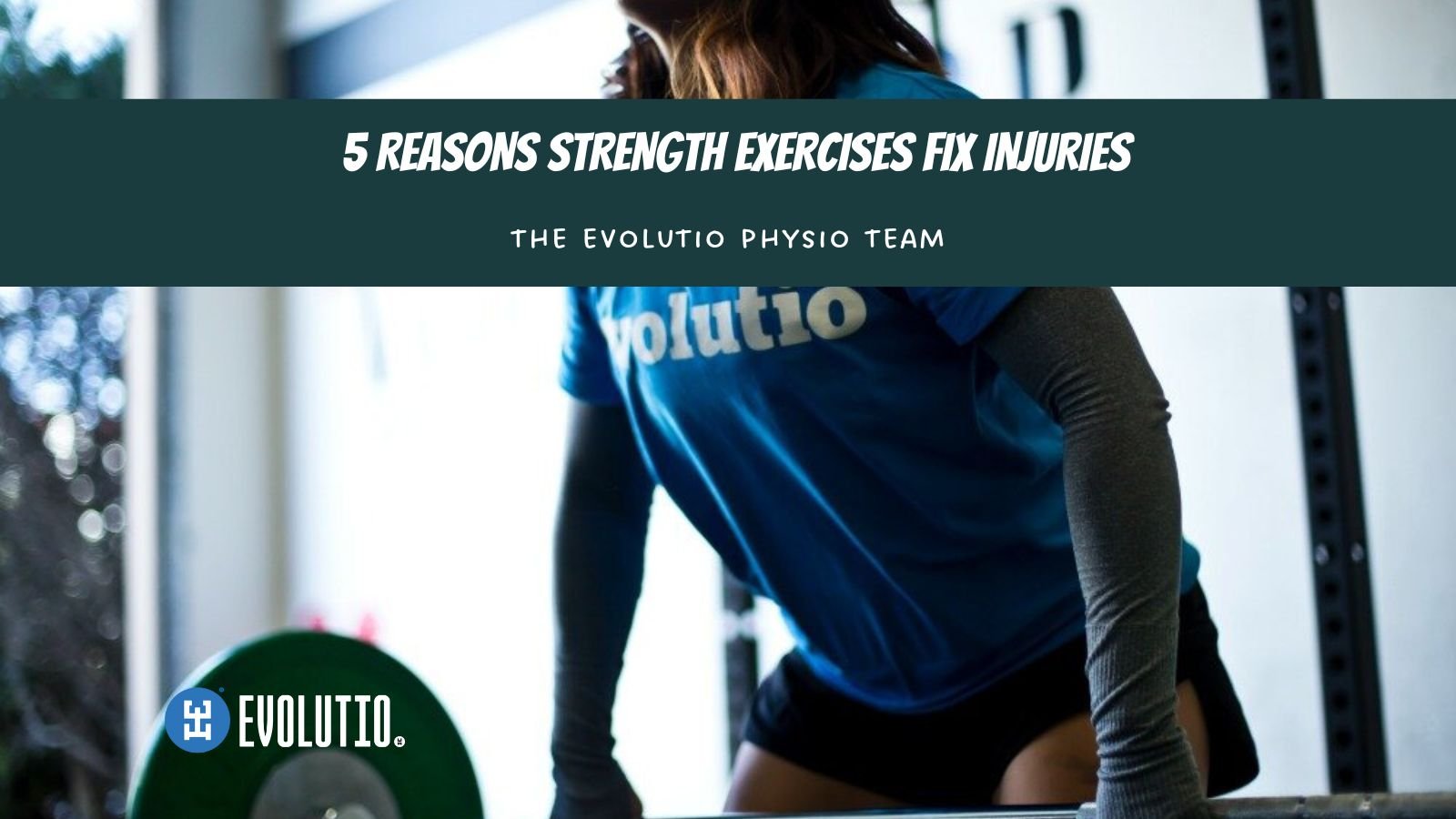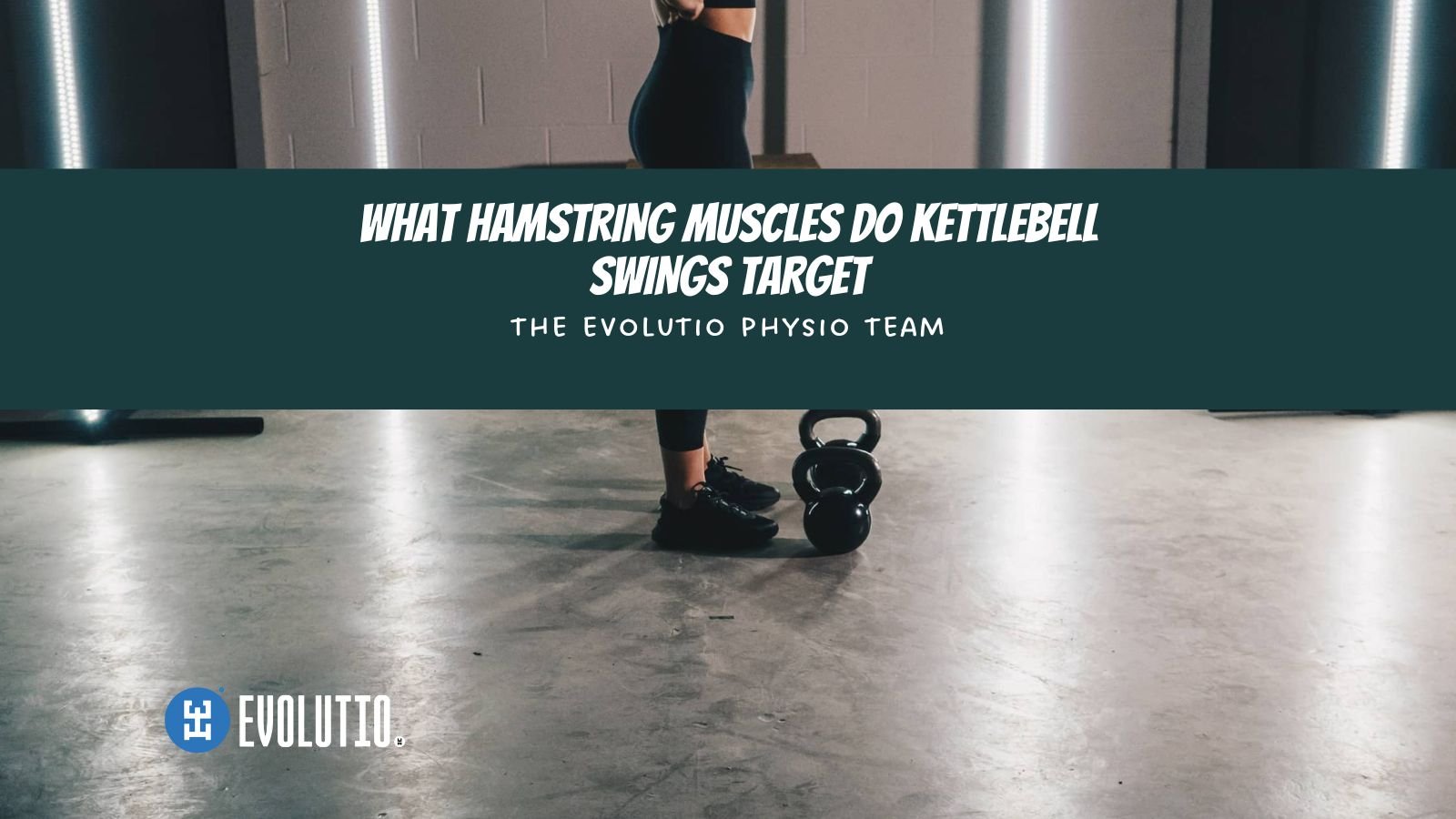
CrossFit Wrist Injuries: Prevention & Treatment Guide
Wrist pain affects up to 25% of CrossFit athletes and can turn your favorite WODs into torture sessions. Whether it's shooting pain during front squats, aching handstand holds, or that stabbing sensation when catching cleans, wrist injuries are among the most frustrating setbacks in functional fitness.
As a physiotherapist who's treated CrossFit Games athletes and Olympic gymnasts for over 15 years, I've identified the 7 most common wrist injuries that plague CrossFit athletes. The good news? Most are completely preventable when you understand what's happening in your joint.
In this comprehensive guide, you'll discover:
The 7 most common CrossFit wrist injuries and their warning signs
Why traditional "rest and ice" advice often makes things worse
3 simple prevention exercises that stop 80% of wrist problems
Exact treatment protocols and return-to-training timelines
When to self-treat vs. when to see a physiotherapist
The two injuries I see most often—dorsal wrist impingement and scaphoid impaction syndrome—can sideline you for months if ignored. But catch them early, and you could be back to pain-free training in just 2-3 weeks.

Mixed Grip Deadlifts are Fucking Stupid
Warning: strong language.
Also warning: rant.
A mixed grip deadlift or an alternate grip deadlift is when you hold onto the barbell with one hand in a supinated/underhand position (palm facing out) and the other in an overhand position (back of the hand facing out).
It can make deadlifting feel lighter or more manageable on the hands by sandwiching the bar between the opposing fists with an alternate grip.

3 Keys to a Great Kettlebell Bottom-Up Press
To illustrate my point, let's break down one of my favourite shoulder exercises - the Kettlebell Bottom Up Press. This exercise is a staple in our upper body rehab programs because it’s challenging (and humbling) and allows us to highlight some key muscles and areas that need work. Most importantly, it works. This exercise has also been described as a good predictor for shoulder injury (Shank, 2016). Generally, if your bottom-up press is more than 10kg off your standard kettlebell press, your shoulder stability needs improvement. Most athletes are pretty strong in their shoulders globally, but their stability sucks. It’s like it's selling a Ferrari with bald tyres and using the braking system of my beloved Toyota Corolla. And I know you will all be thinking, but Corolla's are excellent, and they are, but you get the point.

Can you tell if you pulled a hamstring?
Identifying a hamstring injury typically involves recognising symptoms and physical sensations. Firstly, one of the most common signs is a sudden, sharp pain in the back of the thigh. This pain often occurs during activities that involve running, sprinting, or sudden changes in direction, which put significant stress on the hamstring muscles. You might also feel or hear a popping sensation during injury. Immediately after the incident, swelling and tenderness in the hamstring area may become noticeable, with some individuals experiencing bruising around the injured site.

Why You’re Unable to Hit Depth in your Squat
I’m now officially (and always have been) the oldest person working at Evolutio. Safe to say I’ve been around the physio block a couple of times and have seen and worked with a range of peeps, made a few mistakes, learnt from those mistakes and had a few wins too.

The Damn Importance of in-Season Strength Work
Why is it so important to continue strength training during the season? I’ll give you 2 good reasons: Improved performances and reduced injury risk.
If you think about it, the less you get injured, the more you can train. The more you train (smartly) the better you perform. Especially in team sports, the less players that are out injured, the stronger the team. When the coach has the full squad to choose from, especially the best players available, the more likely you get the results.

5 Reasons Strength Exercises Fix Injuries
Here are the untold reasons why you are given rehab exercises and why you should do them!
1) Mechanotransduction
Mechanotransduction describes the process in which your cells convert mechanical loading into cell responses. The cellular responses then promote structural change - thus when load is used therapeutically, it can help with repair and remodelling of your tendons, muscles, cartilage and bone (Khan & Scott, 2009)

What Muscles do Kettlebell Swings use?
The kettlebell swing is a staple exercise of CrossFit training or everyday strength and conditioning work; one that places great demands on the muscles of our posterior chain.
More specifically, a study submitted through the British Journal of Sports medicine in 2013 noted that kettlebell swings use predominately hamstring muscles, however they actually target semitendinosus, the medial, inner hamstring over the lateral biceps femoris, with higher levels of Electromyographic (EMG) activity noted through the skeletal muscles.
